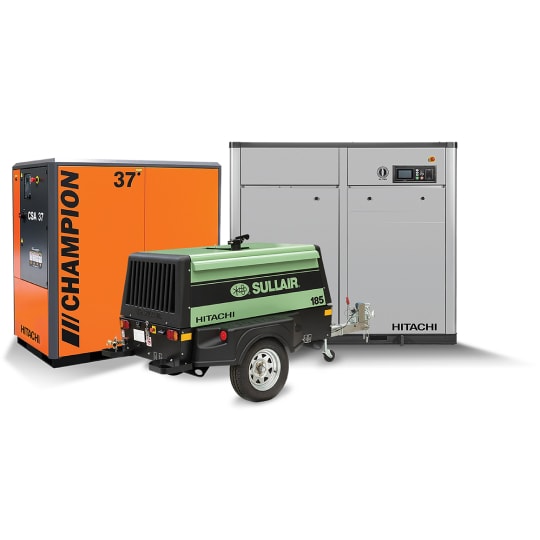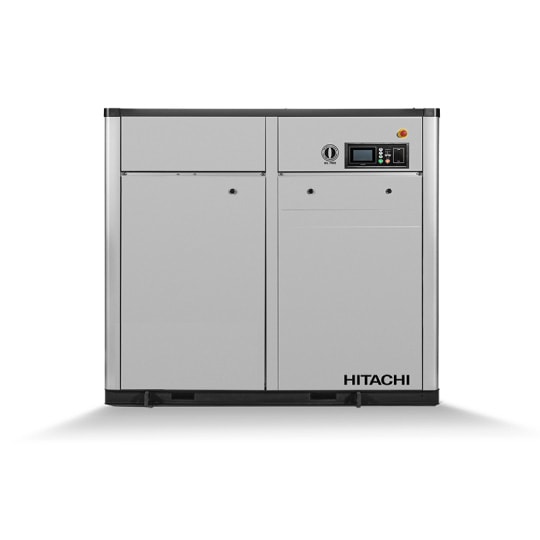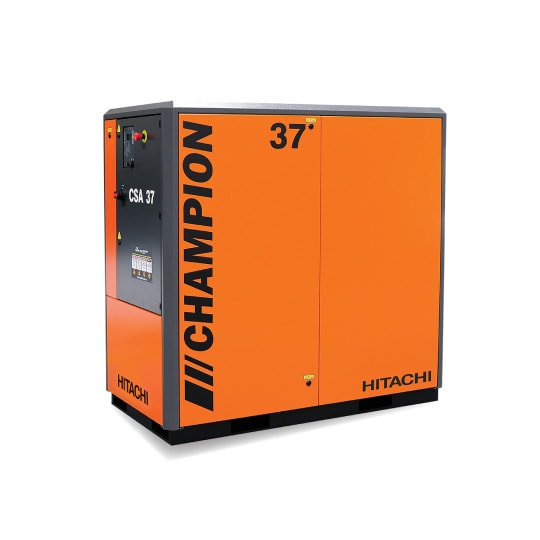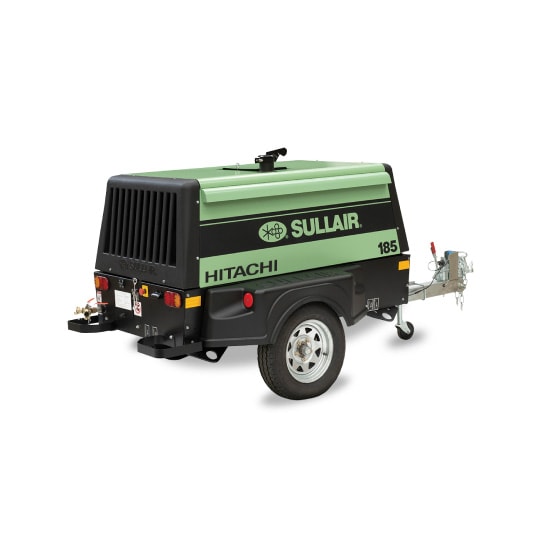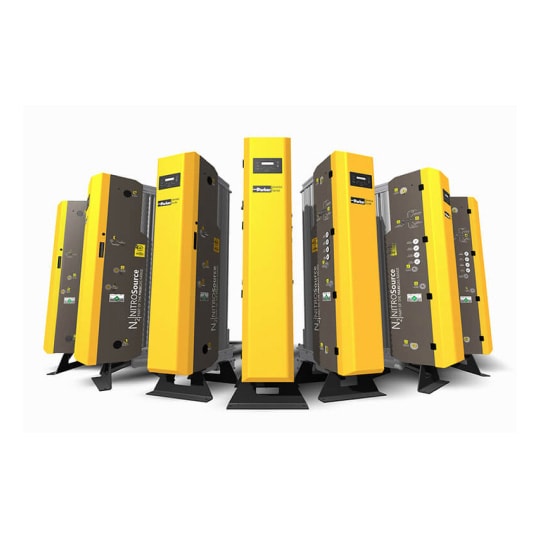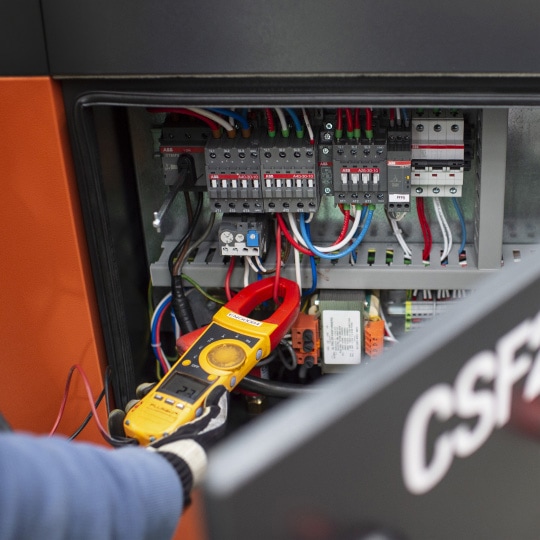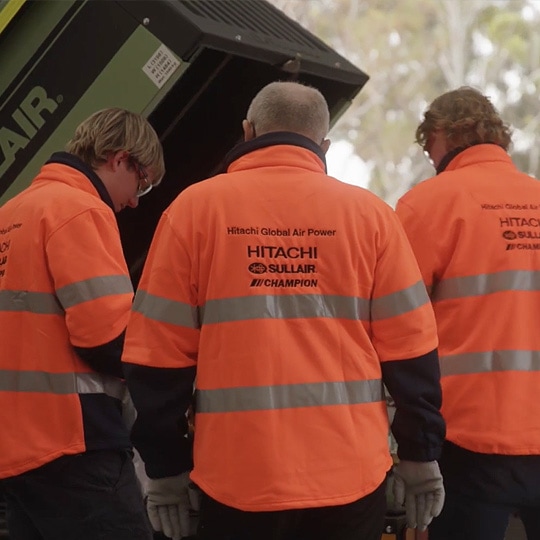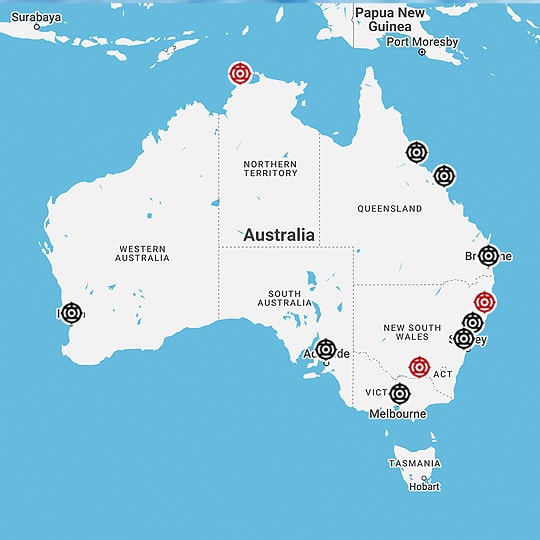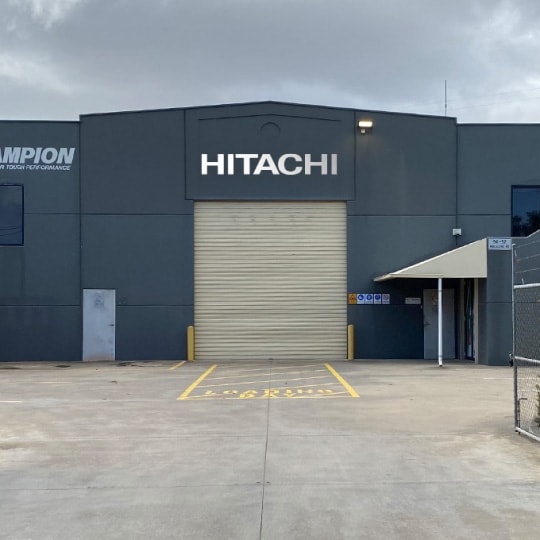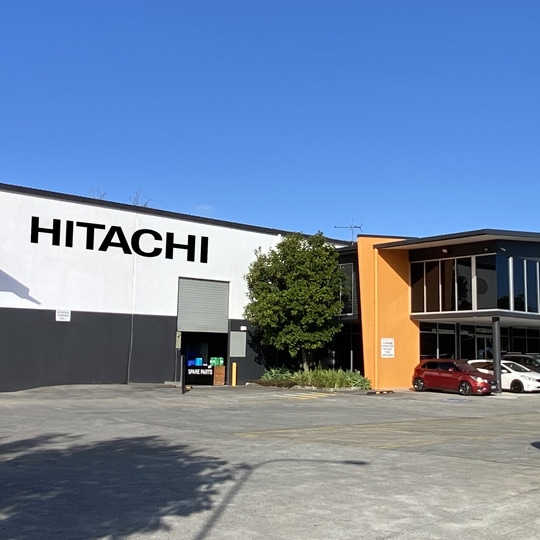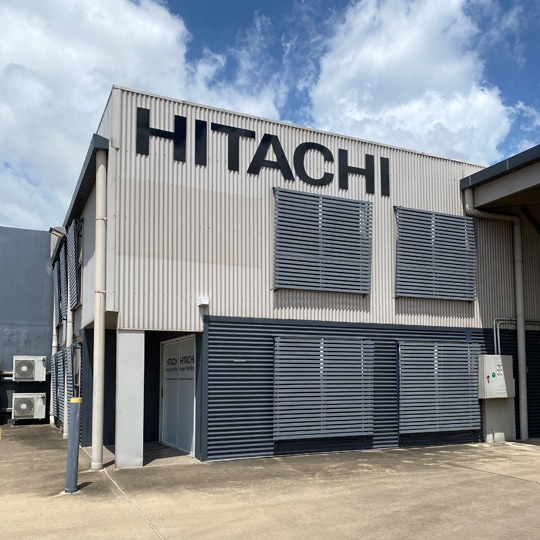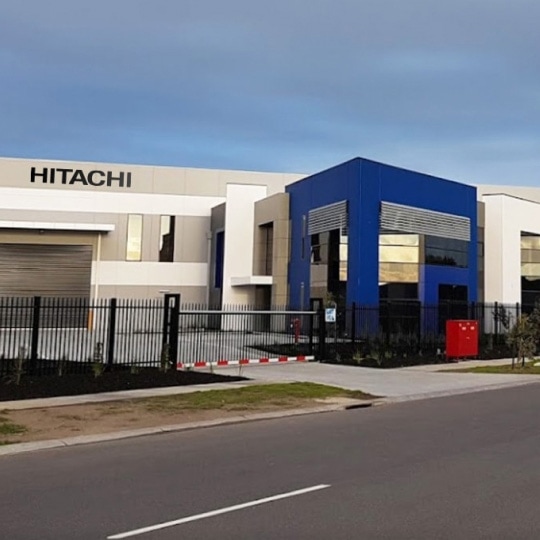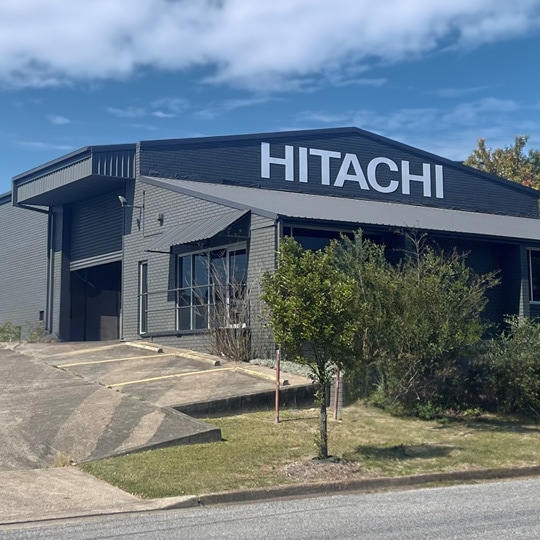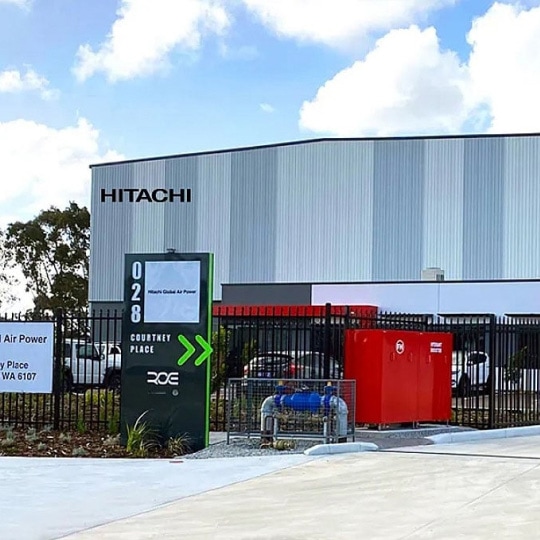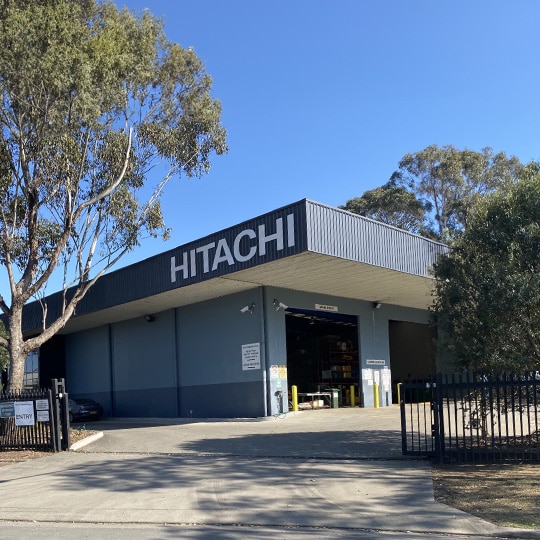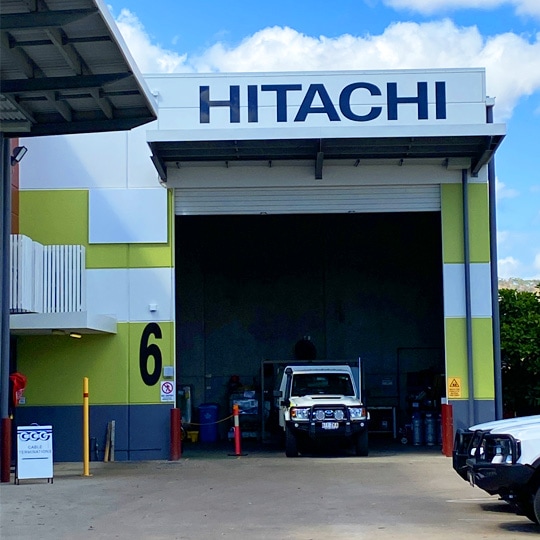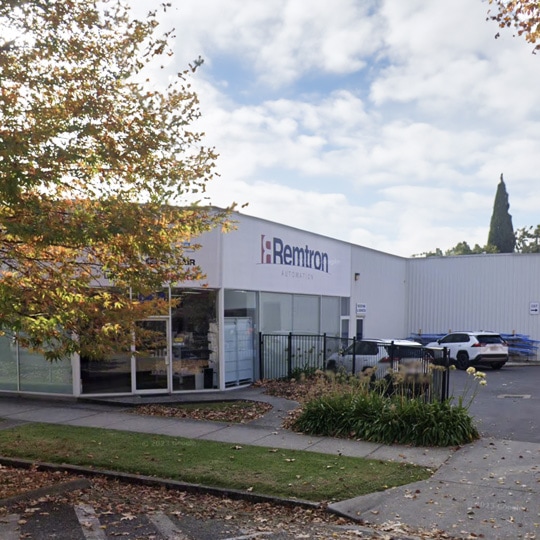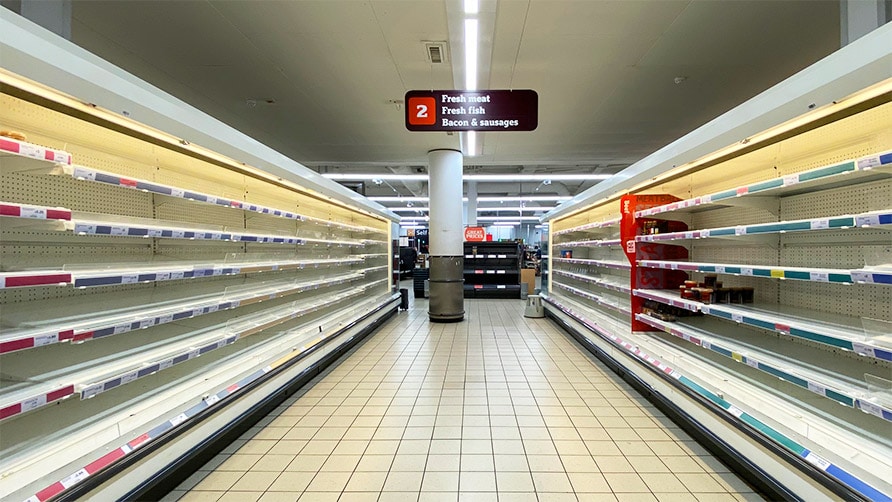
Some of the most enduring images of the Covid-19 pandemic will be the photos of empty supermarket shelves, plastered across social media, as lockdown anxiety took hold. Fear became tangible through those images, giving us a stark reminder that the things we take for granted can be taken away in an instant.
Those scenes were particularly powerful to those in the commercial food and beverage manufacturing industry. Not only for the unprecedented demand that required a quick response, but as a red flag to operations managers. The margins of error have all but vanished now; the pandemic response has shown us we can never be too prepared, and that any failure or disruption to operations can be catastrophic.
What this has highlighted, is that to the everyday shopper, food magically appears on the shelves, expertly prepared and packaged, fresh and safe for purchasing and consumption. It may come as a surprise to many that every food item in the supermarket depends on an air compressor at some stage of its commercial preparation and distribution cycle. To gain an understanding of the true scale of the industry’s reliance on air compressors, we need only stroll the aisles of the supermarket.
Take the humble loaf of bread, for example. Air compressors power a range of essential components in the production of simple sliced bread that we buy in the supermarket. Air compressors are needed for driving equipment that separates the loaves pre-baking, for slicing the bread post baking, and for packaging the loaves into plastic bags to be placed on shelves. Similarly, air compressors have a range of functions in dairy production. Milking machines are powered by compressors, as are machines that blow mould containers for milk, cream and yoghurt. Product packaging requires sterilisation too, via a range of compressor functions; even the equipment used to transport the products use compressors.
If you’ve seen videos of food production lines, you’ll be familiar with food being injected into packaging – yes, air compressors again. From baked beans to chocolate custard, tubes of toothpaste to bottled water, the filling in meat pies to the icing on cakes; all require a clean, high quality, pressure controlled, supply of compressed air. Even something as simple as a puff of air into a bag, so it can be filled with carrots, comes down to compressed air production. These are just a few examples, but for any supermarket product line you think of, an air compressor will be involved at some – in fact multiple – stages of its life cycle. Fresh food, frozen goods, dried, dehydrated, marinated and pickled, canned, bottled, vacuum sealed and more – these are all functions that depend on an air compressor, humming away in the background.
Australian green tea company ITO EN Australia has recently established a purpose-built manufacturing facility for production and packaging of its bagged green tea products, in northeast Victoria. The facility depends entirely on oil free air compressors, with the key early design challenges being the essential need for supply of clean, high quality, oil free air. ITO EN Australia’s Manufacturing Coordinator, Rory Brooksbank explains. “Tea bags have to be manufactured in a clean room environment, with all of the equipment associated with that manufacturing, producing clean dry air.” The process starts with a small pyramid shaped tea bag, made from filtered material, that’s then filled with loose tea. Air cylinders can be seen darting in every direction to form the customised shape of the bag. In addition to the compressors driving the pneumatics in those machines, the company needs a reliable and safe supply of nitrogen. “Nitrogen is produced outside, piped into the production room, then into the machine”, explains Brooksbank. “Inert nitrogen is injected into the tea bags for sterilisation. The nitrogen creates an oxygen free environment in the bag, to prevent the green tea’s deterioration, as well as preventing bacterial growth.” The sterile tea bags are mechanically moved along the production line, placed and sealed with nitrogen into an envelope, sorted into 20-unit groups and packed into boxes.
Jean-Philippe Leclercq is the Oil Free Air Specialist at Sullair and has worked with a number of food and beverage manufacturers, like ITO EN Australia, throughout his career. He is all too aware that customising the air compressor solutions to the unique needs of the product and its specific production cycle is pivotal. “In a factory you have the compressing side, then the filling, then the packing side – all of which require compressed air, at different pressures, for different purposes” explains Leclercq.
“It’s a learning process every time you meet a new customer, because sometimes even within the same industry you have customers that have completely different requirements and expectations.”
This is especially the case when it comes to oil free air supply. Though Australian food standards regulations don’t specify a legal need for oil free equipment in food manufacturing, this is not the case in some other countries, with international standards determining specifics around purity and contaminant levels (ISO 8573-1:2010).
Broadly speaking, food safety regulations require that if a material is deemed as hazardous, an acceptable level of that material is predetermined as allowable (based on rigorous scientific testing and data). That being the case, it must be assumed then that until regulations in Australia around air quality in food manufacturing are developed, the acceptable oil level content must be 0%. “Oil free air supply is crucial”, says Leclerq, “because 99% of the time in the food production cycle, the air comes into contact with the product”. With oil injected equipment – even with adequate filtration barriers in place – the chance of oil contamination is still present. Where ingestible products are concerned, this is a risk that no food manufacturer should be willing to take. As well as being a health and safety issue, the impact to a company and its brand could be disastrous.
“Air quality is so important, but some people don’t understand compressed air. An oil injected system won’t do the same thing as oil free”.
Since the events of 2020, companies are now having to re-evaluate everything about the way they do business – from staffing to health and safety, production cycles to equipment and especially now, whether their current products and markets are even still viable to them. The issue of product safety has come under serious consideration– particularly for those wanting to grow the export side of their business. Understanding what the international standards are and how they are different to the Australian industry will be the key. In many countries, standards around oil free status are strictly enforced and products that are produced on oil injected equipment may not be approved for import.
Understanding the intricacies of the compressor’s function and applications – the right pressure, the specific air flow, and the air quality – and the unique needs of the client, is key to designing the right solution fit for purpose, for each individual case. This is where Sullair becomes more than just a supplier. Taking a specialist advisory role is essential to finding new and innovative solutions for each unique scenario. “Air compressors are like the lungs for the business”, explains Leclercq. “With compressed air, you really rely on the supplier to technically support you”. In a great partnership between the end user and the compressed air supplier, the application of experience and specialist knowledge makes all the difference.
With supermarkets already feeling pressure under the COVID-19 restrictions, air compressors failing would cause even more severe disruptions to the food supply chain that modern Australia depends on. Shortages of food and products create anxiety amongst the public, even outside of a global pandemic. Operating within a pandemic however only increases the level of uncertainty and negative consequences. With air compressors as the lungs of the business, air compressors failing would have unimaginable consequences for Australians. Reliable, clean compressed air keeps Australia’s shelves stocked, and without them, our supermarkets would be empty.
